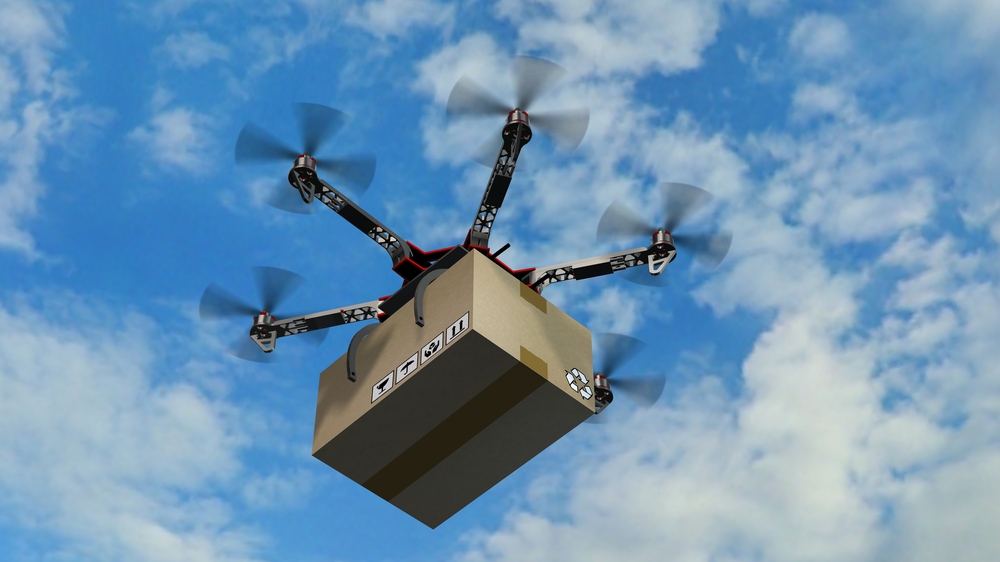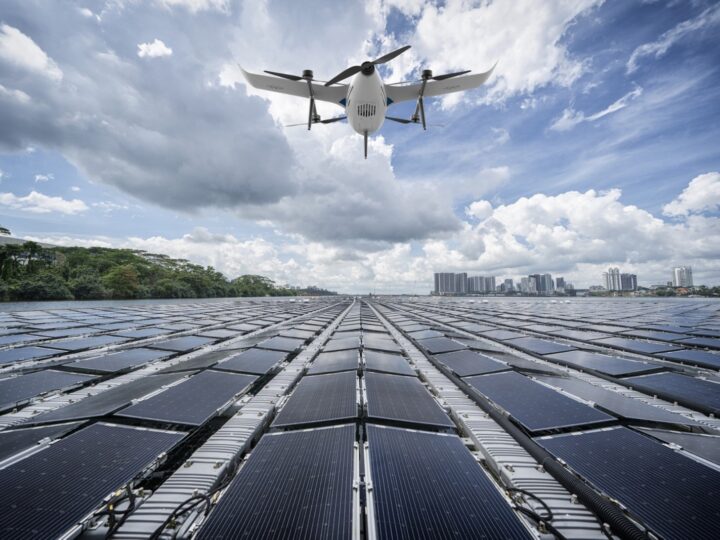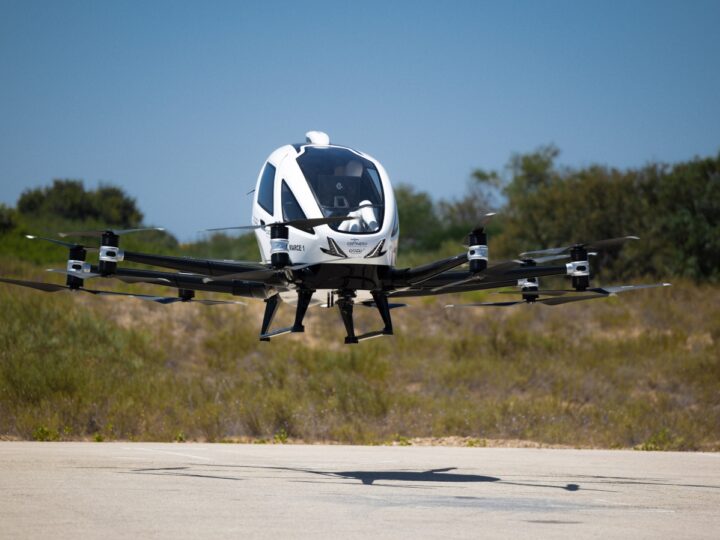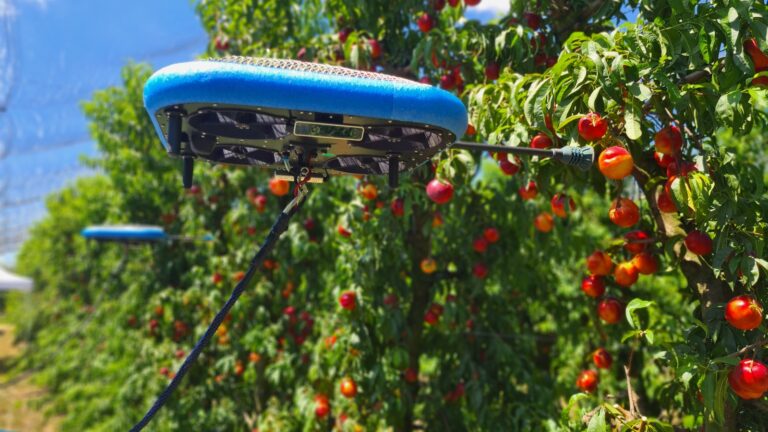You’ve just run out of toothpaste and you’ve got a big date tonight. There’s no time to drive to the store and there’s too much traffic to send a courier.
You’re starving for sushi but your favorite restaurant says it will be at least an hour to get take-out to your door.
No worries. Just send in the drones.
Delivery by small pilot-less aircraft from the store to your door is coming soon. Amazon is experimenting with it in the United States and Britain right now. Postal services in Europe are running tests, too. Civil aviation authorities in Africa are amending their regulations to make flying over urban environments safe.
The missing piece: automating the entire system so that each drone doesn’t need to be manually operated without knowledge of what else is in the sky. That’s where Israeli startup Flytrex comes in.
Flytrex wants to be the FedEx of the drone-delivery world. Just as FedEx doesn’t manufacture trucks or planes but provides the software and human infrastructure to make the most of existing tools, Flytrex has created a cloud-based back-end that allows its customers to operate drones remotely.
Flytrex’s software is about more than being able to set pick-up and delivery points. All kinds of data – information about the weather, topography and other drones in the air – can be sent from the cloud to a drone in real time.
“It’s one thing to design a nice drone to deliver goods, but it’s much more complicated to take charge of the whole system,” Flytrex CEO Yariv Bash tells ISRAEL21c.
Flytrex recently announced a pilot program with UkrPoshta, the Ukrainian Postal Service. Drones controlled by Flytrex software will deliver packages weighting up to 3 kilograms as far as 23 kilometers round-trip at speeds of up to 70 kilometers per hour. Flytrex estimates that delivery will take less than half an hour from approval to the package arriving at the pickup point.
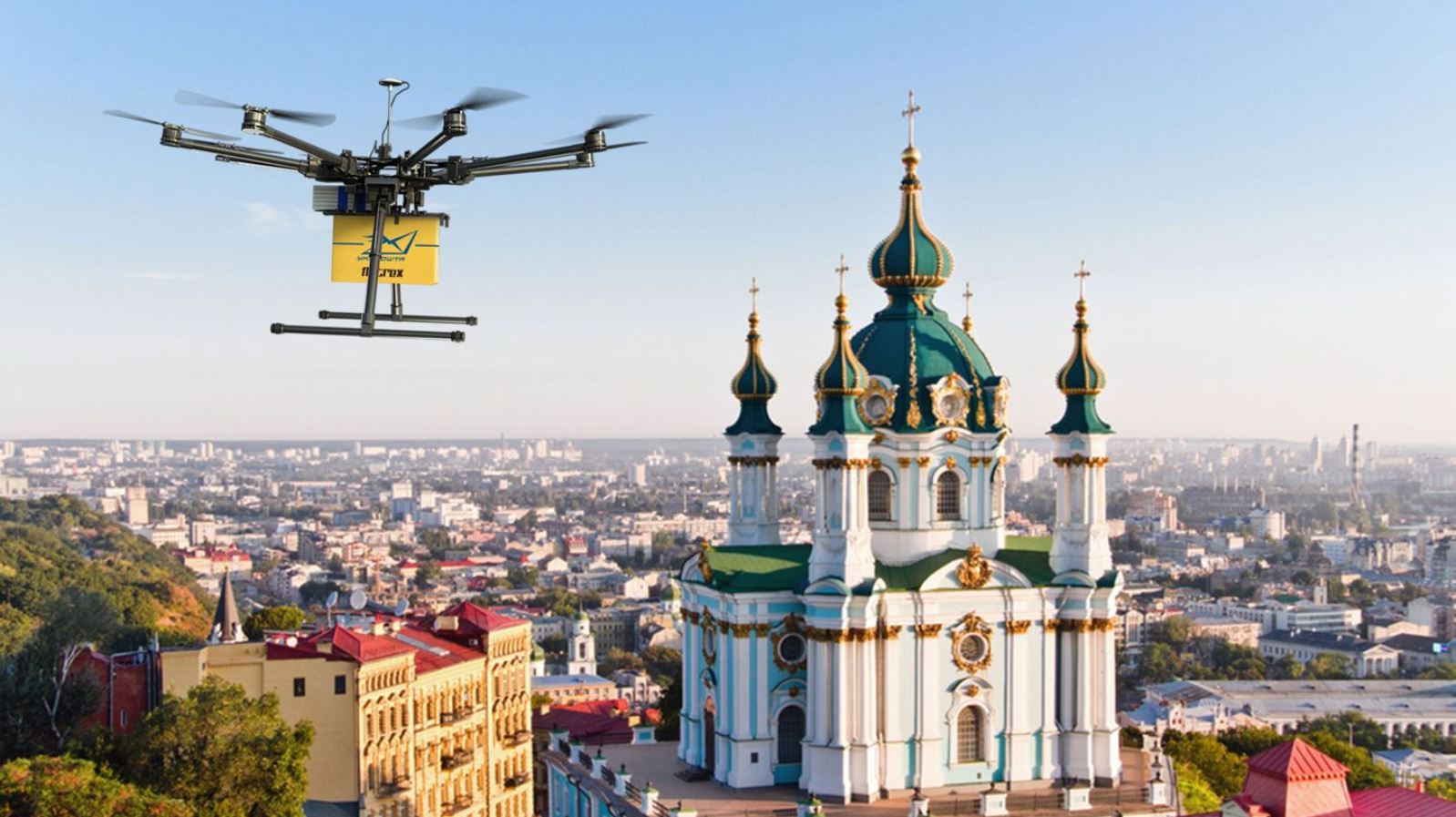
“The idea is to offer better services for a lower rate,” Bash says, comparing drones with delivery trucks. “Drones do it faster and cheaper than any other means.”
And by lessening the number of trucks and bicycle couriers on the road, “we can reduce traffic accidents and save lives,” he adds.
Flytrex is also working with a pharmaceutical company in Africa to deliver drugs to users in hard-to-access locations. A Latin American bank has expressed interest in sending documents and credit cards between branches via drone.
“For each project, we assess the situation and tailor the solution,” Bash says.
While Flytrex doesn’t have any paying customers yet, Bash expects to announce the company’s first deployed system in the third quarter of 2017.
That will probably be in Africa or Eastern Europe. That’s because the US Federal Aviation Administration (FAA) and NASA are working on a universal air-traffic management system that will be completed only in 2020, Bash explains. Keeping the skies safe is “of major concern to everyone involved. We don’t want a drone to crash into a 747 or to fall on someone’s head.”
When the US market opens up, though, the potential is huge. Amazon will grab a big chunk of it, to be sure, “but if we can have a fraction of the rest of the market,” Bash says, that will still be a very profitable business.
Changing direction
Flytrex didn’t start out building a drone control system.
“We initially built a GPS tracking system for personal consumer drones that sends all the telemetry data in real time to a cellular phone,” Bash says.
Over time, as the Flytrex team learned more about the capabilities of the latest drones and saw how they could control them over the network, Flytrex changed direction. “We evolved. We realized where the opportunity was,” Bash says.
It was a bold play: the “old” Flytrex had already sold 15,000 of its GPS units in 70 countries and was profitable. Flytrex stopped sales, raised $3 million, and has spent the last two years developing its cloud system. Flytrex has a staff of 13 with offices in Tel Aviv.
Bash says that since he was young he’s “always loved to fly things.” He served in the artillery corps of the Israel Defense Forces, operating camera-guided missiles.
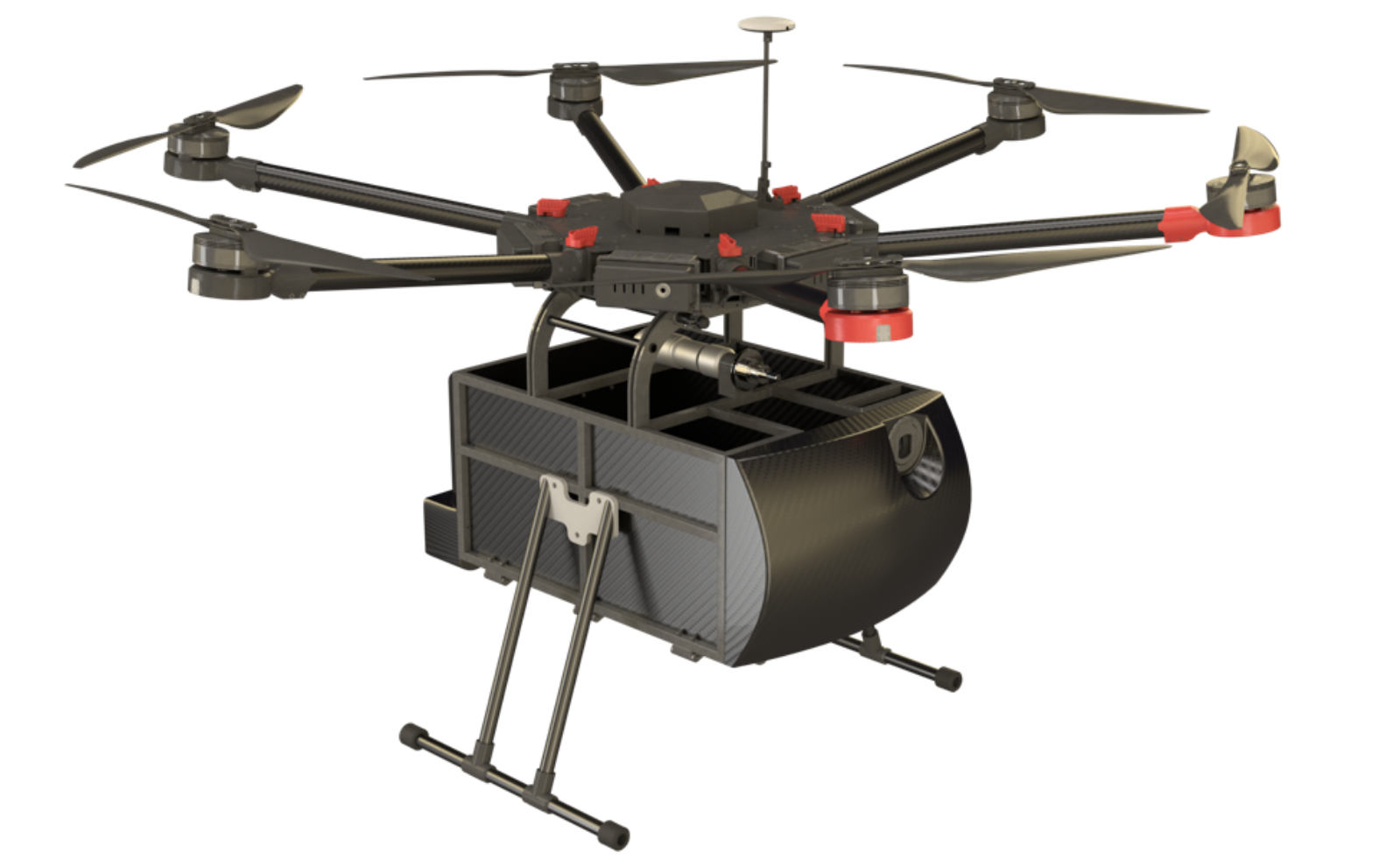
Bash came to Flytrex from another high-flying position, as CEO of SpaceIL, the educational non-profit that aims to land the first Israeli-made spacecraft on the moon and to inspire Israeli young people to go into the sciences.
Flytrex’s technology is more down-to-earth – but not quite all the way. Bash explained that package delivery drones will not be able to land at a recipient’s doorstep. It’s too dangerous because drones have fast-spinning rotors.
“If your dog runs towards the drone as it lands, who’s going to sue whom?” Bash wondered. There’s also the possibility of someone stealing a drone, or reprogramming and releasing it with sinister intent.
Instead, the drone will hover about 16 meters above the drop-off point and lower its package by a cable. Recipients will need to be available when the drone delivery arrives; because it runs on battery power, the drone can only wait for a short time before it needs to return home.
The first drop-off points will most likely be in designated areas like a parking lot or public park. Eventually, drone landing pads may be included on new buildings.
The drones will fly at a relatively low altitude of between 50 and 150 meters. “At that height, you won’t hear them in the city,” Bash says. “They’re much quieter than, say, a scooter. If you look up, you’ll maybe see a small dot in the sky.”
Will we see drones flying over Jerusalem any time soon? Probably not. “The aviation authorities are very strict above Jerusalem,” Bash said. “It has some of the most sensitive religious places in the world. But I expect we’ll see drones above the Knesset in the next few years, delivering sushi to MKs.”
For more information, click here.




